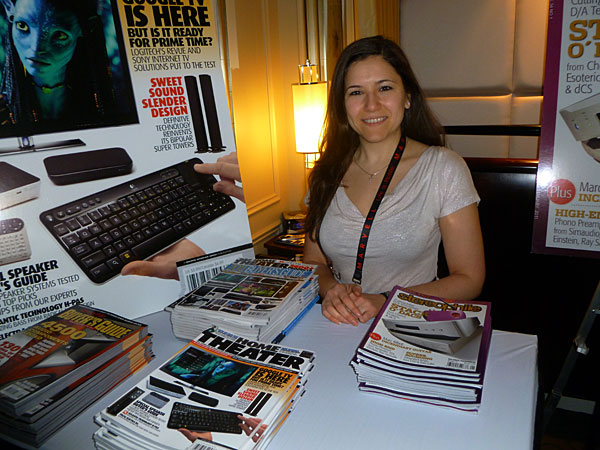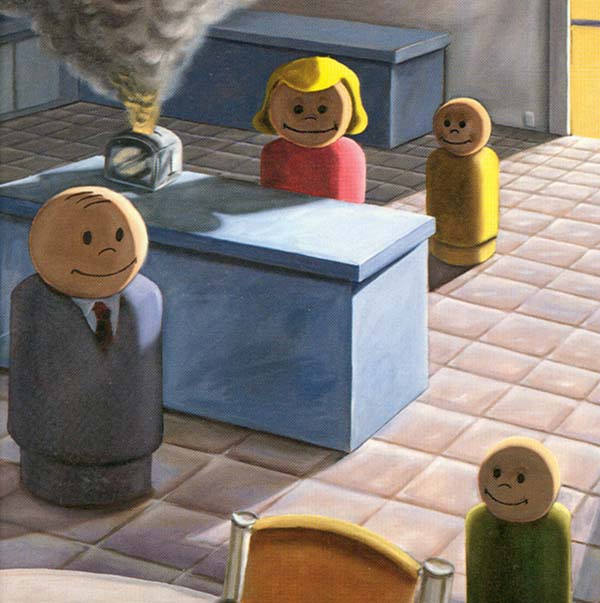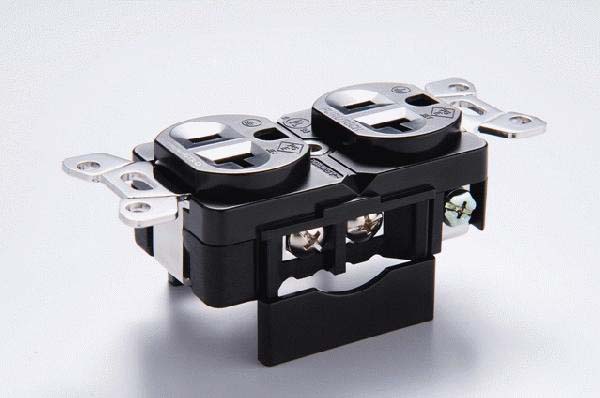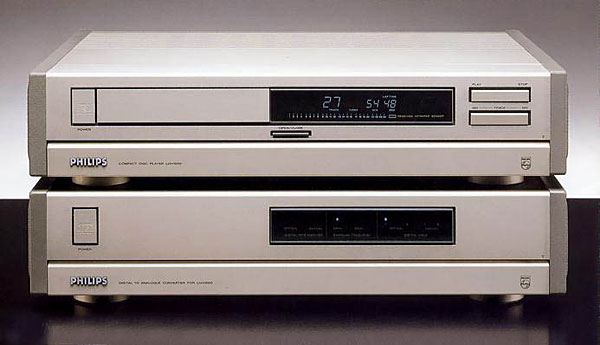LATEST ADDITIONS
Samosa Stonehenge
CES 2011: Easy Registration, Challenging Assignment
Heading Into Las Vegas
John Atkinson has handed out the assignments:
John Atkinson: expensive speakers
Robert Deutsch: low-mid-priced speakers
Erick Lichte: amplification of all kinds
Jason Serinus: cables, accessories, and headphones
Stephen Mejias: budget gear of all kinds
Jon Iverson: digital products of all kinds
We'll gather tonight at JA's favorite Indian restaurant for dinner, and then coverage will start up in earnest Thursday.
Something To Do with January
Furutech's GTX Receptacles
Mission Cyrus 782 loudspeaker
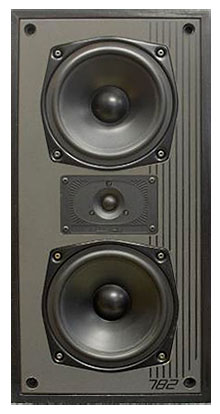 Cyrus is the name given to the higher-priced line of loudspeakers made by England's Mission Electronics. The entire Mission loudspeaker line includes six products under the Mission label and three under Cyrus. Mission also manufactures a wide range of electronics and CD players. The company has a long history of audio innovations, both in loudspeaker and electronic design. Among Mission's claimed "firsts" are the first polypropylene-cone drive-unit used in a product (1978), first widespread use of MDF loudspeaker enclosures (1981), and first CD player from a specialist manufacturer. Interestingly, Mission also makes IBM-compatible personal computers.
Cyrus is the name given to the higher-priced line of loudspeakers made by England's Mission Electronics. The entire Mission loudspeaker line includes six products under the Mission label and three under Cyrus. Mission also manufactures a wide range of electronics and CD players. The company has a long history of audio innovations, both in loudspeaker and electronic design. Among Mission's claimed "firsts" are the first polypropylene-cone drive-unit used in a product (1978), first widespread use of MDF loudspeaker enclosures (1981), and first CD player from a specialist manufacturer. Interestingly, Mission also makes IBM-compatible personal computers.The $900/pair Cyrus 782 is a two-way design employing dual 7" (175mm) polypropylene-cone woofers and a single ¾" (19mm) fabric-dome tweeter. The drivers are arranged in a D'Appolito configuration to simulate point-source radiation characteristics. Both woofer and tweeter were designed from scratch by Mission. The polypropylene woofer cones include a "mineral loading" that reportedly increases cone rigidity, thus decreasing cone breakup. Additional woofer design features include a shaped pole piece to increase linearity during high cone excursions, rigid steel chassis to reduce driver resonances, and a tight tolerance between the voice-coil and magnet to increase sensitivity.
Philips LHH1000 CD player
Recording of May 1989: Spike
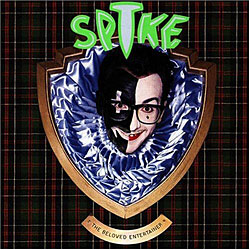 The ideal rock singer/songwriter? Someone who addresses adult issues with all the passion of adolescence (than which, believe me, there is none more monomaniacalthere's no righteous indignation like a teenager's). Someone who can sing about him- or herself and strike the universal; someone who can tell a story of what the swells call "the human condition," or of some social injustice, in terms of how it affects a single life in all that life's unique details. In this case, some musical near-illiterate like "The Beloved Entertainer," as it says on the little brass nameplate under the harlequin-painted face exploding from the golden Warner Brothers shield on the cover of SpikeThe Little Hands of Concrete himself.
The ideal rock singer/songwriter? Someone who addresses adult issues with all the passion of adolescence (than which, believe me, there is none more monomaniacalthere's no righteous indignation like a teenager's). Someone who can sing about him- or herself and strike the universal; someone who can tell a story of what the swells call "the human condition," or of some social injustice, in terms of how it affects a single life in all that life's unique details. In this case, some musical near-illiterate like "The Beloved Entertainer," as it says on the little brass nameplate under the harlequin-painted face exploding from the golden Warner Brothers shield on the cover of SpikeThe Little Hands of Concrete himself.
Audio Research LS8 line preamplifier
 While high-priced equipment can easily acquire stature on grounds of outright performance and physical appearance, we critics have more admiration for genuine achievement at lower price levels. One such product was the all-triode SP8 preamplifier from Audio Research, launched back in 1982 and priced at $1400. This classically tasteful preamplifier came equipped with a medium-sensitivity phono equalizer and the usual tape and line inputs.
While high-priced equipment can easily acquire stature on grounds of outright performance and physical appearance, we critics have more admiration for genuine achievement at lower price levels. One such product was the all-triode SP8 preamplifier from Audio Research, launched back in 1982 and priced at $1400. This classically tasteful preamplifier came equipped with a medium-sensitivity phono equalizer and the usual tape and line inputs.

